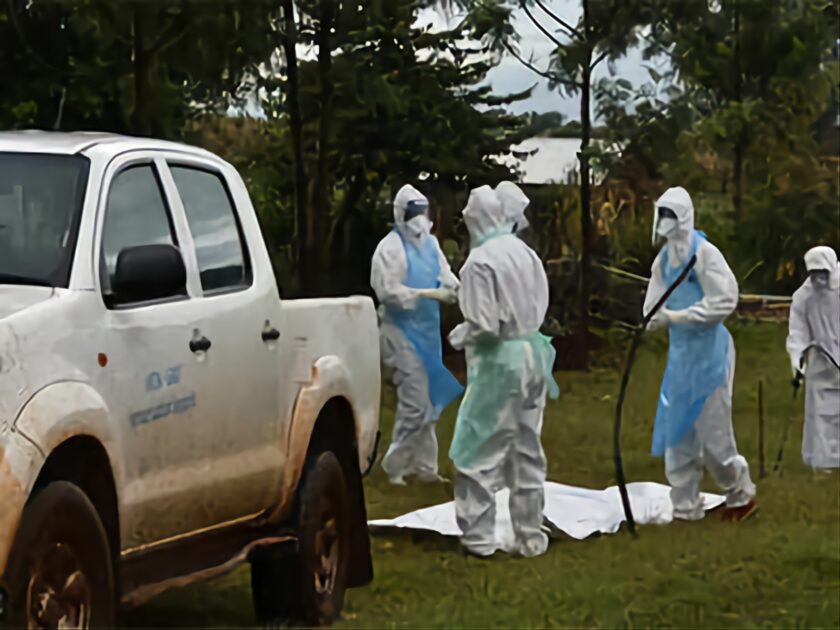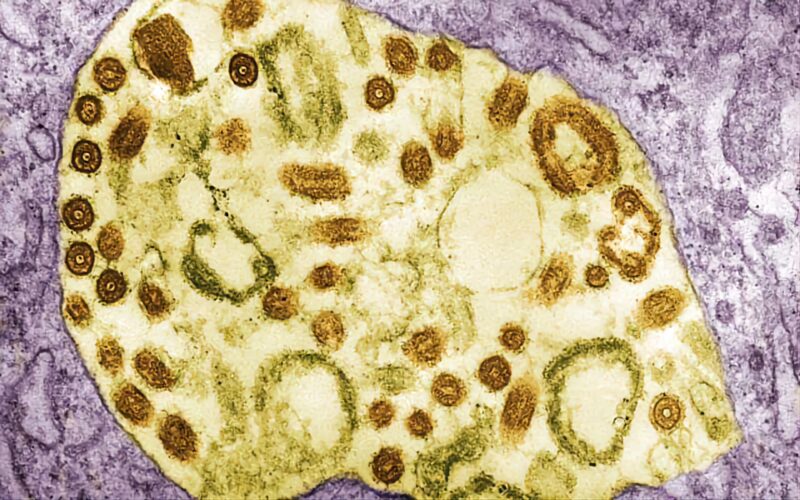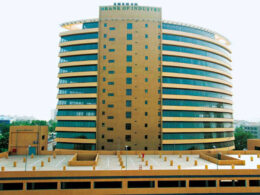Two People in Germany, Hamburg Under Observation for Suspected Marburg Virus After Return from Rwanda
BERLIN, GERMANY- Two individuals in Hamburg are being treated for suspected Marburg virus, a deadly illness similar to Ebola, after one returned from working at a Rwandan hospital treating infected patients. Both are under medical examination as German authorities take precautionary measures to contain any potential outbreak.
The Marburg virus, which has no vaccine or specific treatment, causes severe hemorrhagic fever with symptoms like high fever, bleeding, and organ failure. The World Health Organization (WHO) reports high fatality rates in previous outbreaks, with some cases reaching up to 88%.

One of the hospitalized individuals developed flu-like symptoms while en route to Hamburg and was transported from the city’s central train station using a special infection vehicle. A brief closure of the station’s platform occurred but has since reopened, officials said.
What is the Marburg Virus?
Marburg virus is part of the same family as Ebola, primarily transmitted through contact with infected bats or the bodily fluids of an infected person. The virus was first identified in 1967, named after the German city where laboratory workers were exposed to infected monkeys.
Symptoms include severe headaches, fever, vomiting, and eventually, hemorrhaging. Fatal cases often involve excessive bleeding. There has been no Marburg virus outbreak in Germany since 1967, according to the U.S. CDC.
No Vaccine or Treatment Available
While researchers are developing experimental treatments and vaccines, the WHO stresses that the virus currently has no approved antiviral remedy. Supportive care such as hydration and oxygen therapy can increase survival chances.
German health authorities are closely monitoring the situation, hoping to avoid a repeat of the devastating 2013 Ebola outbreak in West Africa, which claimed over 10,000 lives.










Join our Channel...